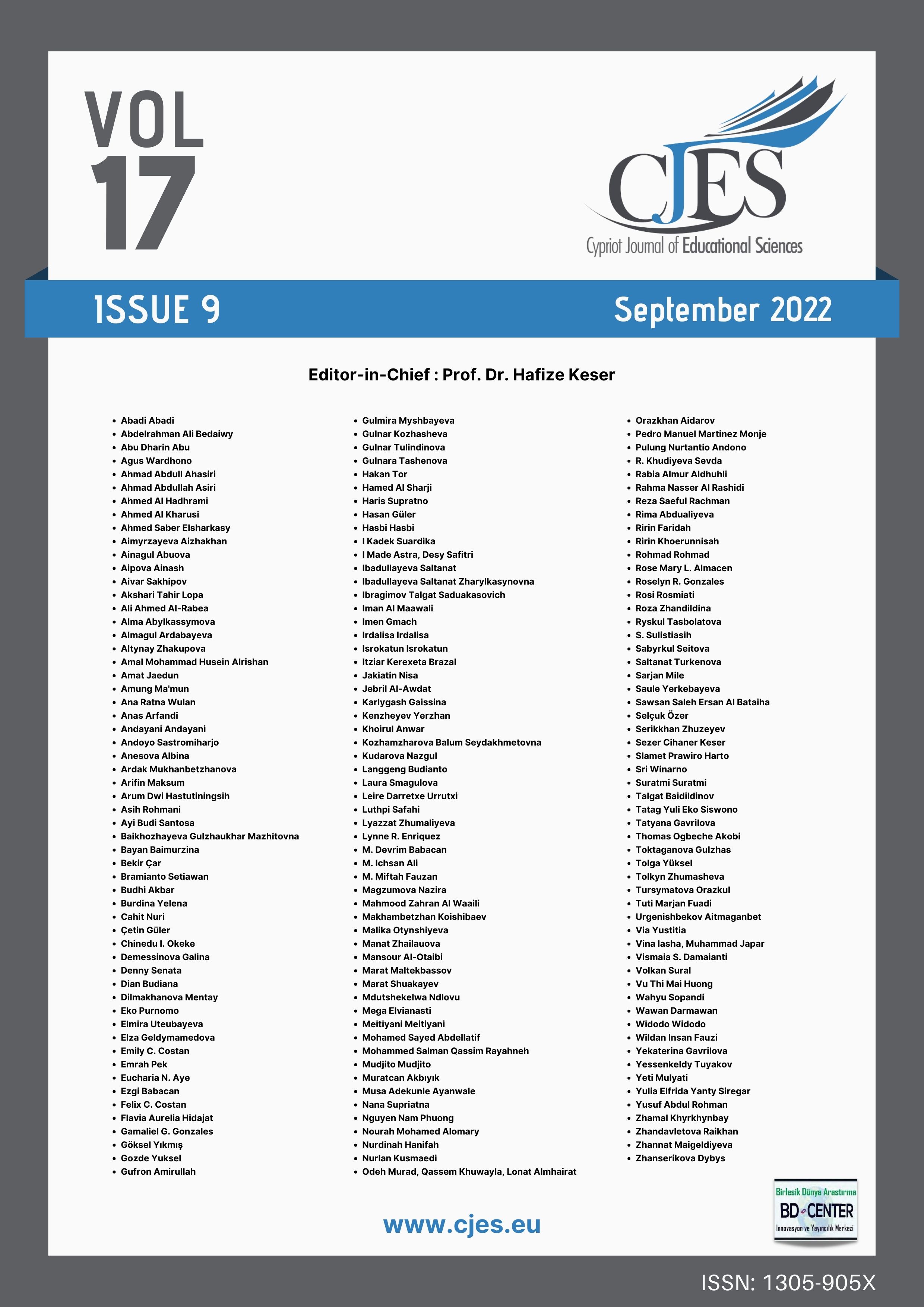Deficiencies and potential corrections in ceramic art education according to the ceramic industry employees
Main Article Content
Abstract
Ceramics may be considered one of the most important and oldest inventions that give information about the history of humanity. Dating back to 8000 BC, ceramic has been used in many areas of daily life, such as kitchenware, sanitary ware, space technology, weapon industry and artistic production. In this context, the use of ceramics as an industrial material has resulted in the ceramic industry which requires education as an indispensable field. This study aims to determine the deficiencies and potential corrections for these deficiencies from the views of the employees who currently work in the field of ceramics. The study was conducted as a phenomenological study, which is one of the qualitative research designs. Fifteen employees participated in the study. The data of the study was collected by interviewing the employees. The findings of the study suggest that outdated curricula, narrow and insufficient industrial field courses, the need for self-development of the lecturer in the industrial field, the necessity of establishing a relationship between the ceramic industry and education and insufficient and inadequate computer design courses with software not suitable for the industry are the main deficiencies along with some others.
Keywords: Art education, ceramic, industrial ceramic, design, sector, employee
Downloads
Article Details

This work is licensed under a Creative Commons Attribution 4.0 International License.
Cypriot Journal of Educational Sciences is an Open Access Journal. The copyright holder is the author/s. Licensee Birlesik Dunya Yenilik Arastirma ve Yayincilik Merkezi, North Nicosia, Cyprus. All articles can be downloaded free of charge. Articles published in the Journal are Open-Access articles distributed under a CC-BY license [Attribution 4.0 International (CC BY 4.0)].
Birlesik Dunya Yenilik Arastirma ve Yayincilik Merkezi (BD-Center)is a gold open-access publisher. At the point of publication, all articles from our portfolio of journals are immediately and permanently accessible online free of charge. BD-Center articles are published under the CC-BY license [Attribution 4.0 International (CC BY 4.0)], which permits unrestricted use, distribution, and reproduction in any medium, provided the original authors and the source are credited.

